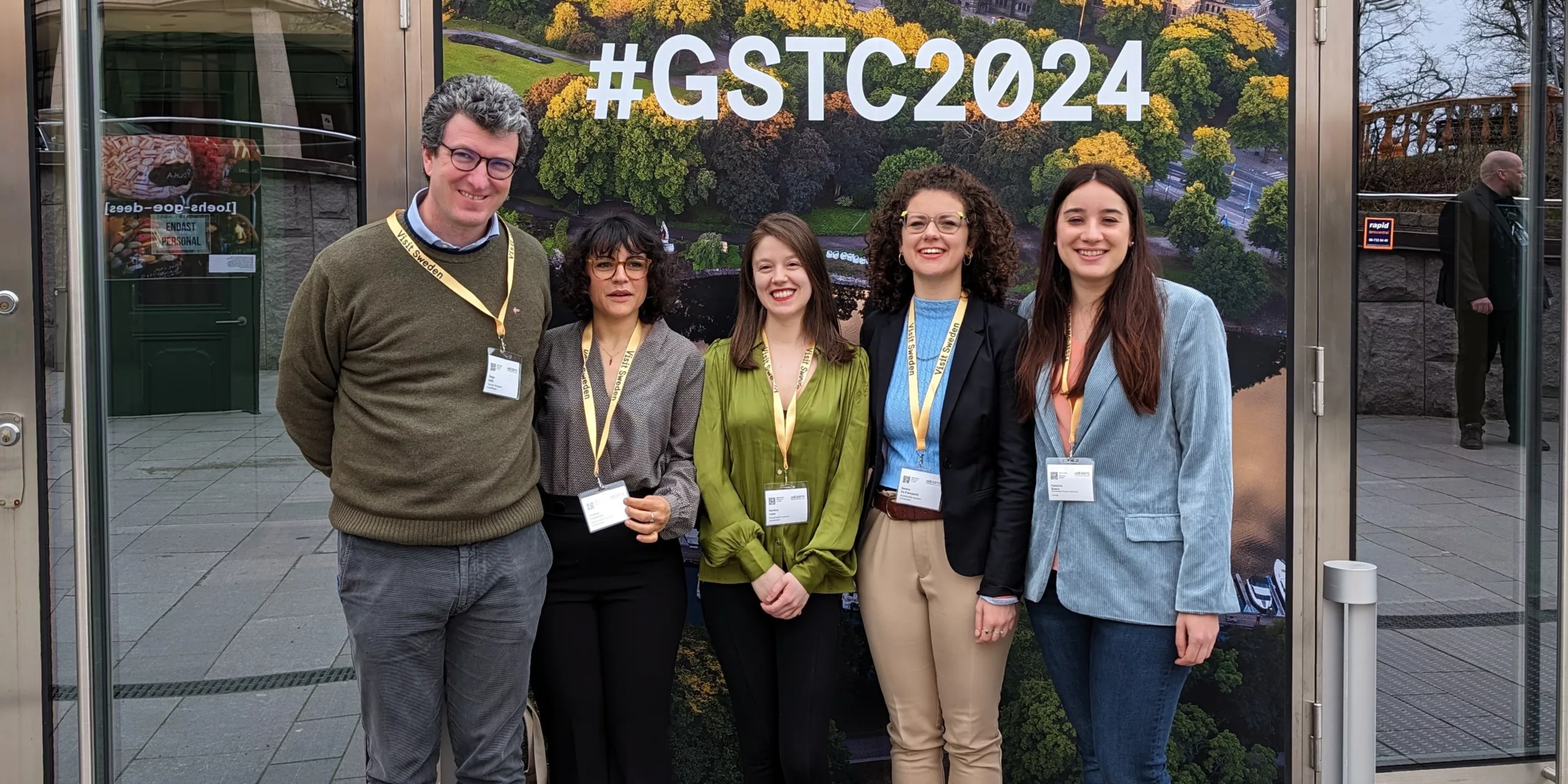
The GSTC 2024 Conference took place from April 23 to 26 in Stockholm. Over 500 attendees from 50 countries attended the event, and numerous individuals joined the panels remotely. This edition’s main topic has been “Purposeful Travel”.
Our sustainable tourism experts actively engaged in the conference, employing this valuable opportunity to share, learn, and exchange new ideas.
This is a pivotal moment for the tourism industry, marked by a delicate balance: on one hand, we see signs of recovery with attendance levels matching or surpassing pre-pandemic figures, but on the other, global tensions and conflicts are escalating. The complexity of tourism, with its multifaceted nature and significant impact on the environment, is further amplified when approached from a sustainable perspective.
The global standard defined by the Global Sustainable Tourism Council is an effective tool to interpret and address this complexity on several fronts.
One of these is that of training: for this, our Sustainable Tourism Manager, Federica Bosco, participated in the training dedicated to internal auditors while our consultant Martina Catte presented the European project WeNaTour, which focuses on developing a training curriculum for sustainable tourism managers, in the setting of the Academic Symposium.
Space was also dedicated to the work of the GSTC Italy Working Group, with Stefano Ravelli, Chair of the Working Group, explicitly focusing on nature-positive strategies in tourism. Federica Bosco shed a light on how group certification for accommodation facilities and small and medium-sized enterprises is an opportunity to work together toward sustainability, as in the path taken in the first sustainable district in Trentino.
The conference was an opportunity to listen, discover good practices, and learn from those addressing these issues in other parts of the world. Particularly significant key themes were:
Many solutions and insights emerged during the conference to address the various challenges that we at Etifor also face in our projects.





